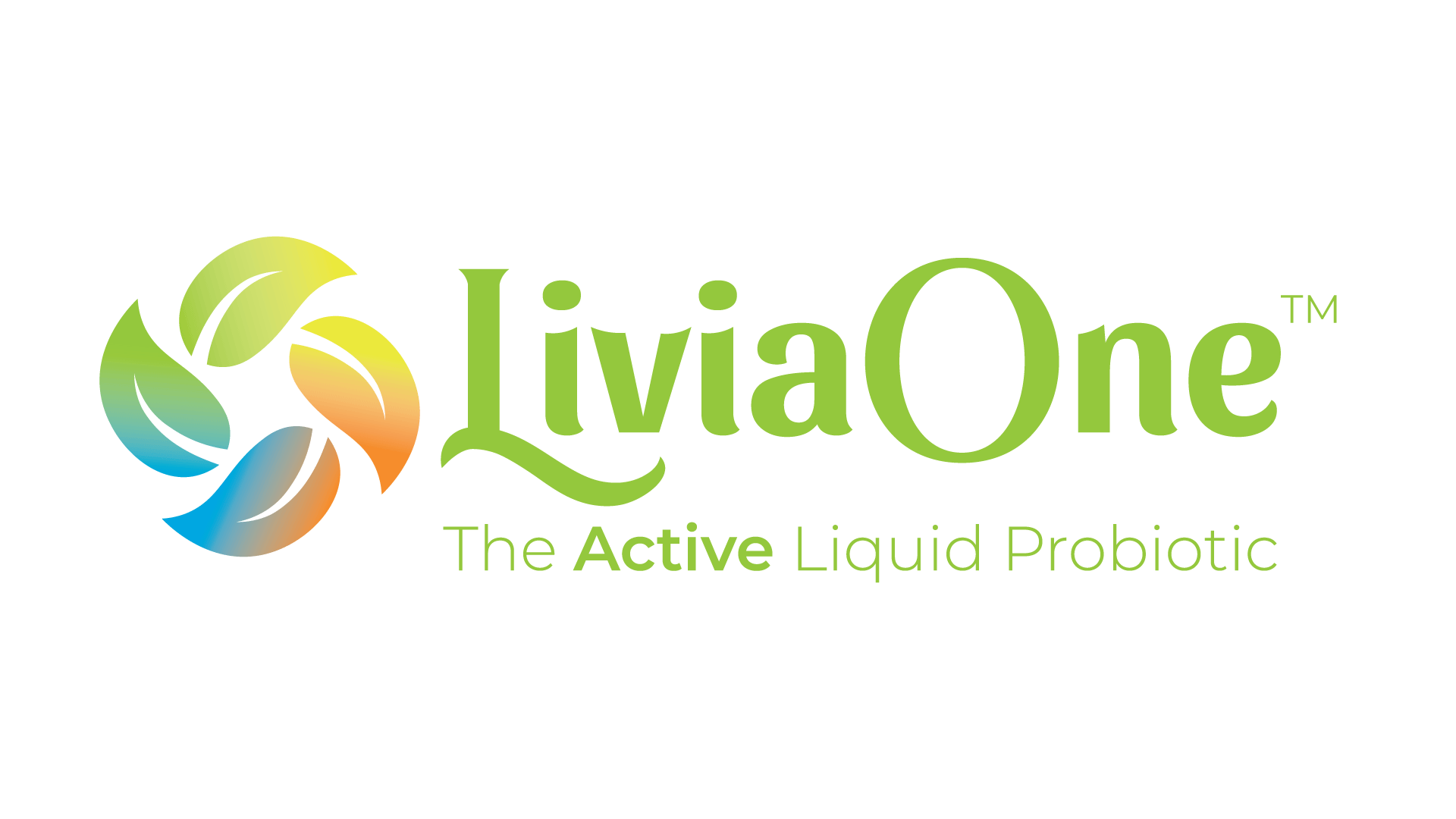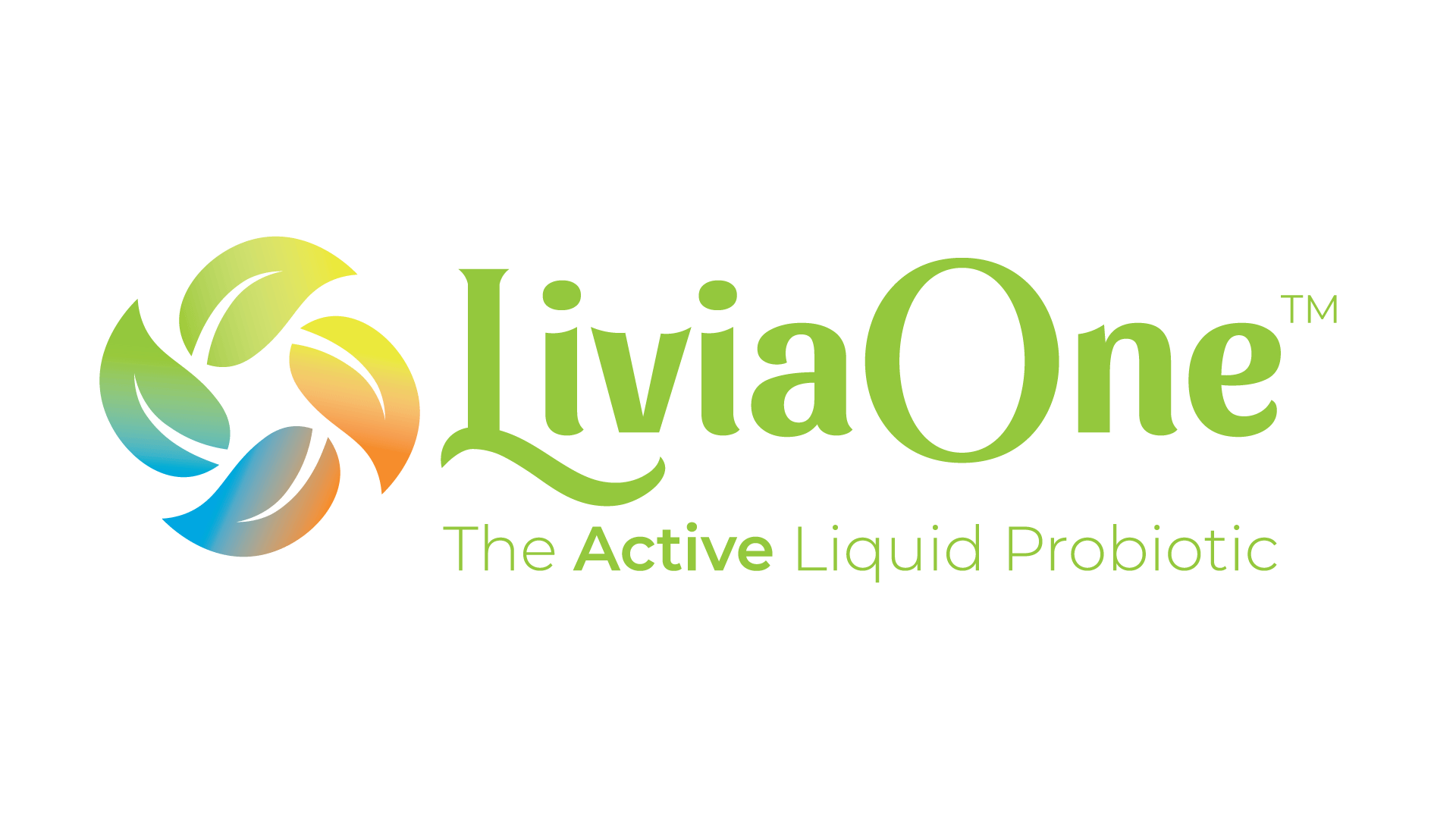Soil Probiotic
Introduction
Soil probiotics are commonly known as soil-based organisms (SBOs). SBOs are referred to a probiotics because they are beneficial bacteria that live in the soil. "Until the 19th century, when food processing replaced hand-to-mouth ingestion of raw fruit and vegetables, [SBOs] formed a regular part of our diet."(1) Soil-based organisms are considered "friendly" non-resident or transient microorganisms. "Transient microorganisms are different from resident microorganisms in that they do not take up permanent residence in the gastrointestinal tract. Instead, they establish small colonies for brief periods of time before dying off or being flushed from the intestinal system via normal digestive processes, or by peristaltic bowel action."(2) Even though these types of beneficial bacteria are only in the digestive system on a temporary basis, "they contribute to the overall function and condition of the digestive system."(2)
Soil-based Organisms
Soil-based organisms (SBOs) play an important role in the overall health of nature (i.e. plants) as well as the overall health of human body. In nature, "SBO's produce and release powerful enzymes that sterilize the soil of putrefactive organisms, and thereby help prepare the soil to support new plant growth. Without SBO's, lush plant growth could not take place because the soil would be too contaminated with yeasts, molds, fungi, candida and other harmful organisms that are antagonistic to plant growth and reproduction."(3) In the same way that SBOs help eliminate harmful organisms in the soil, they reduce or prevent the growth of harmful bacteria in the digestive system. "Soil Based Organisms (SBOs)...help your digestive system break down carbohydrates, fats and proteins, and digest waste. Most importantly they compete with undesirable micro-organisms, like yeasts, fungi, bacteria and parasites, to keep their numbers under control."(1) SBOs are considered prime probiotics as they "play a major role when dealing with immune diseases, as well as the toxic effects of chemotherapy and cancer medications, whose side effects include severely diminished bowel function."(3)
Bacillus Laterosporus
Bacillus
Other Soil-based Organisms
Bacillus
Research has shown that "[SBOs] proliferate...rapidly and...aggressively stake out a claim for 'squatter's rights,'digesting and dislodging accumulated putrefaction in the process."(4) Furthermore, SBOs "energetically break down hydrocarbons into their basic constituents, enhancing assimilation and increasing overall nutrition. This action helps to eliminate constipation."(4) Lastly, SBOs have the "ability to stimulate the body's production of up to 20 sub-species of alpha-interferon, a key regulator of the human immune response, and a potent antidote for chronic fatigue syndrome, viral herpes, and hepatitis-B and C, influenza, and other
Studies conducted in regard to SBOs provide evidence that "without SBO's to police digestion our bowels often end up as toxic waste dumps for rotting faecal matter which builds layer upon layer until the intestinal wall cannot absorb anything useful and we start to drown on our own toxins....With an intestinal wall starved of nutrients however it can quickly become porous like Swiss Cheese leading to the much-maligned 'Leaky Gut Syndrome' where undigested waste food can leak into the blood leading to fierce immune reactions "(5) By supplementing SBOs into daily dietary habits, the occurrences illnesses and diseases such as these may be reduced or altogether prevented.
Conclusion
"Research from California has concluded that a deficiency of medicinal 'superbugs' - known as Soil Based Organisms (SBO) - from our soil and food chain may be responsible"(1) for intestinal illnesses and diseases such as irritable bowel syndrome (IBS), Crohn's disease, colitis, candidiasis, and colon cancer. Therefore, including SBOs in one's diet, either in supplement form or from foods such as cultured yogurt, cottage cheese, whey, and buttermilk. "Chronic fatigue, frequent diarrhea, intestinal gas, frequent constipation, poor immune response, bladder infections, chronic vaginal infections, candida, allergies, skin fungus, dairy product sensitivities, menstrual complaints or chronic bad breath are all indicators of a possible imbalance"(2), and soil probiotics such as SBOs may help provide the healthy balance the body needs.
REFERENCES:
(1) Soil-Based Organisms. Published by The Healthier Life. Agora Lifestyles. 2003.
(2) Group, E.F. (Unknown). Probiotic Bacteria and Your Health. Natural Health and Organic Living. Global Healing Center.
(3) Becker, S. (2007). Soil-Based Probiotics the Missing Link to GI Health. Articlesbase.
(4) C.W. (Unknown). The Probiotic Revolution. Nutrition and Health.
(5) Soil Based Organisms Article. Published by Psychiatry Without Drugs. TheSimonClinic. 2008.
For more information:
 A complete description of probiotics, along with groundbreaking recent clinical research illustrating the many ways probiotics can prevent disease, can be found in Probiotics - Protection Against Infection: Using Nature's Tiny Warriors To Stem Infection. This new compendium from one of contributing authors of the content on this page, Dr. Casey Adams, PhD., takes the confusion out of selecting and supplementing with probiotics. Referencing over 500 scientific studies and reports, and with detailed instructions on how to make your own probiotic foods, this book is a must for anyone seeking to understand the power of
A complete description of probiotics, along with groundbreaking recent clinical research illustrating the many ways probiotics can prevent disease, can be found in Probiotics - Protection Against Infection: Using Nature's Tiny Warriors To Stem Infection. This new compendium from one of contributing authors of the content on this page, Dr. Casey Adams, PhD., takes the confusion out of selecting and supplementing with probiotics. Referencing over 500 scientific studies and reports, and with detailed instructions on how to make your own probiotic foods, this book is a must for anyone seeking to understand the power of
Please read this Disclaimer:
The contents of this site, such as text, graphics, images, information obtained from www.Probiotic.org licensors and other material ("Content") contained on this site is for informational purposes only. The Content is not intended to be a substitute for professional medical advice, diagnosis or treatment. Always seek the advice of your physician or

